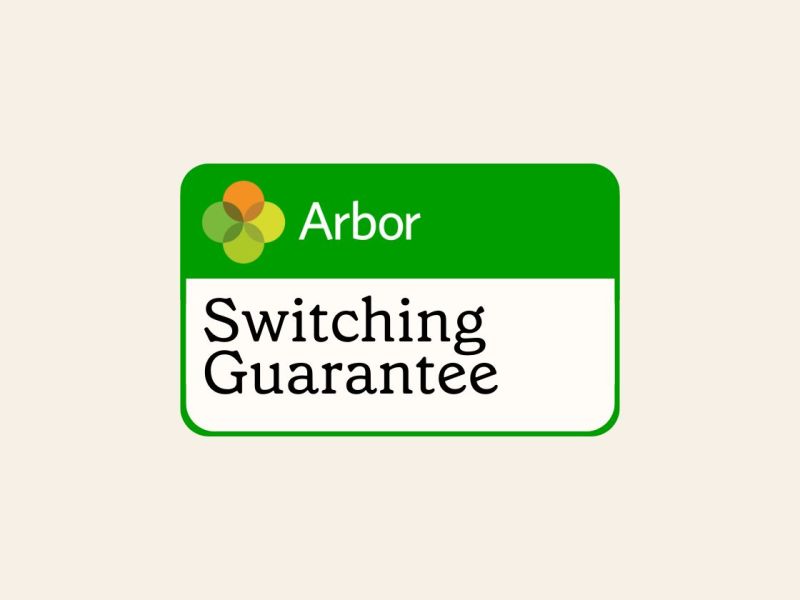We’re aware that there have recently been a series of pieces published on the relationship between Local Authority teams and MIS providers. Specifically, people have been asking why MIS providers might pay fees to LA teams. We wanted to take some time to explain what happens, and what specifically we’ve done at Arbor, to get the facts straight.
What is a service fee and what does Arbor do? We wanted to start by demystifying some of the jargon on the fees different MIS providers pay to LA teams. At Arbor, we use the term “service fee”, but other providers variously call them a “referral” or “introduction fee”, a “rebate” or “revenue share”. Whatever the name, all these fees have historically been for similar amounts.
At Arbor, we pay a low, per-school fee to Local Authority teams for introducing schools to us, and for taking on the support of schools who subsequently move to our MIS. We pay this fee to recognise the time, effort and resources LAs invest in becoming accredited on our platform, and to acknowledge that they handle all first line support for the schools they work with rather than our own internal support team. We pay the fee to LAs on the condition that their schools are aware of our relationship, and that such payments are made transparently in line with their codes of practice. We never ask LAs to recommend Arbor as part of our agreement; the choice to move to an alternative MIS provider, or remain with its existing provider, always lies with the school itself.
Service fees have existed in the MIS industry for over a decade – originating with SIMS, who has been paying a recurring rebate fee to LA support units to invest in supporting their schools. Over time, other MIS providers (including Arbor) have replicated these fees – not to incentivise LA teams to switch, but to ensure they are not blocked from switching, as otherwise they would effectively lose money for each school who migrated to alternative MIS providers.
We believe investing in our support partners to provide a better service to schools is the right thing to do, and ensures schools are better off both financially and operationally. LA support teams have a vital role to play in ensuring schools can make a successful transition between systems, so we accredit them to provide support and training on behalf of Arbor, as they know the local context of their schools best. All Arbor partners have the option of investing any fees either in improving the service they provide to schools, or passing it on directly to schools via a discount on what the school pays for Arbor.
We are transparent about our commercial relationships, and require our partners to also be transparent to avoid any implied conflict. We list the types of commercial relationships we may have with our accredited partners in our standard terms and conditions with schools, and on our public website. We also put a contractual obligation on our partners to disclose the existence of commercial relationships with their schools via our Partners Agreement. We would encourage all MIS providers to be equally transparent to ensure an open and competitive market.
Ultimately, when a school switches from their legacy provider to Arbor they save on average £5,000. We want to ensure a transparent and open market where schools can choose the provider they want, without any legal challenge or financial disadvantage. We exist to provide an outstanding product at the most competitive price that allows schools to save money on software and admin, which schools can reallocate to teaching and learning. If a school doesn’t want to choose Arbor, or wants to switch away, then they will always be able to do so at no disadvantage. We are open about what we do, and why we do it, and would encourage the MIS sector as a whole to adopt the same level of transparency.





